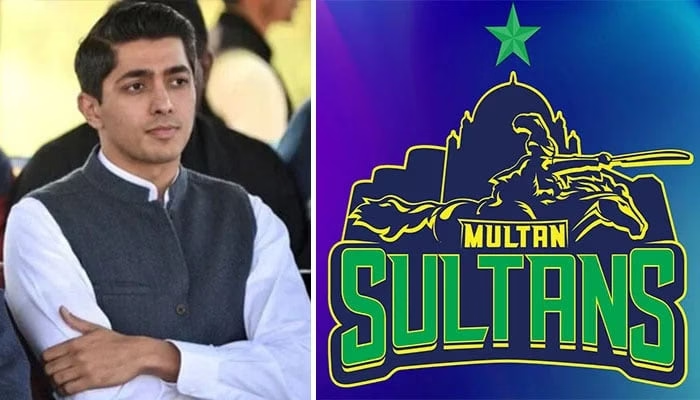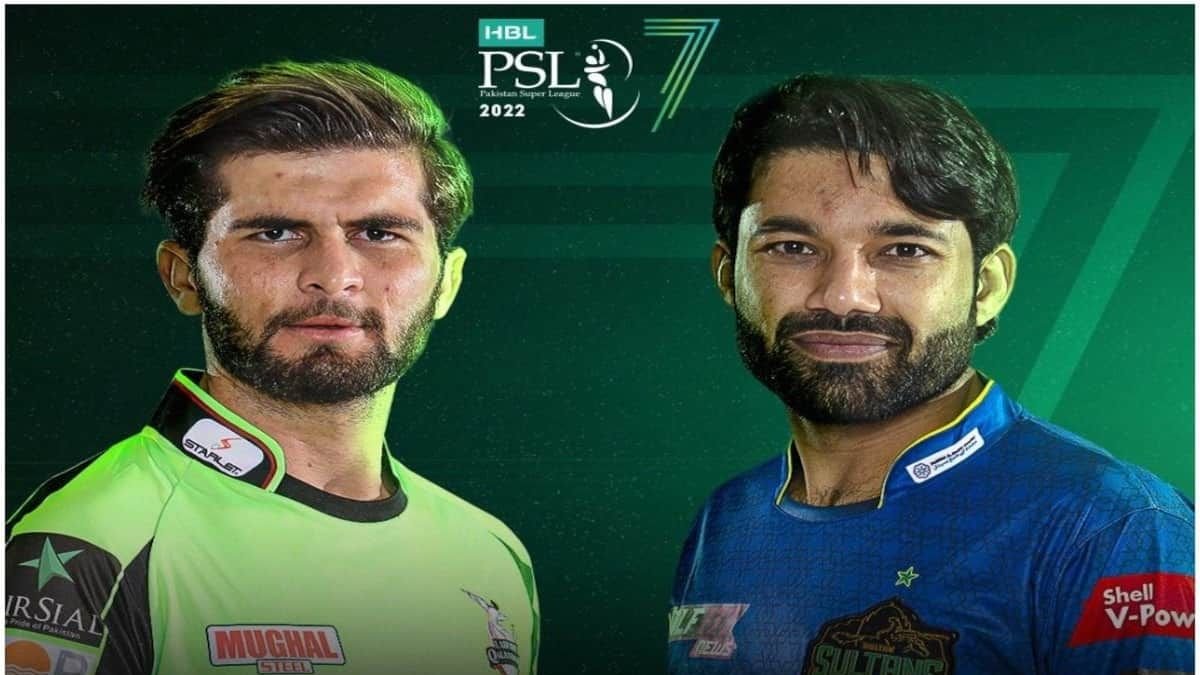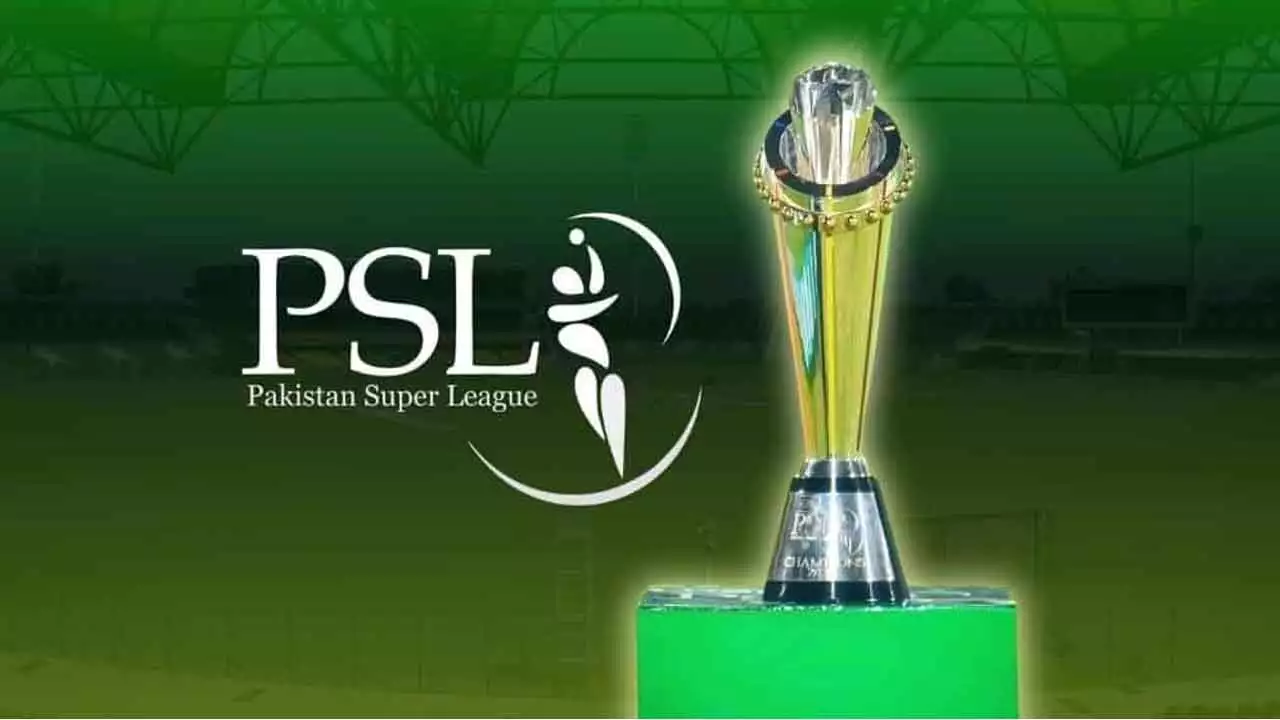The long-standing relationship between the Pakistan Cricket Board (PCB) and Multan Sultans has taken a serious turn, as tensions between the two parties continue to escalate. The PCB and Multan Sultans dispute reached a new peak last month when the board issued a legal notice to franchise owner Ali Tareen, demanding a public apology and retraction of his recent statements. The PCB warned that failure to comply could lead to blacklisting and termination of the franchise’s contract.
According to reports, the notice was sent after Ali Tareen’s remarks in various podcasts and social media interviews, which the PCB claims were damaging to the Pakistan Super League (PSL) and its reputation. The board cited a violation of clauses in the 10-year franchise agreement, warning that continued non-compliance could have serious consequences for the team.
Multan Sultans Respond with Regret and Frustration
In response, the Multan Sultans management expressed strong disappointment over the PCB’s approach, calling the decision unfair and unproductive. According to team representatives, Ali Tareen’s comments were made in good faith and intended to encourage constructive dialogue to improve the league’s structure and sustainability.
The Sultans emphasized that the PCB and Multan Sultans dispute should not overshadow the significant contributions the franchise has made to Pakistan’s cricket ecosystem. The team pointed out its major investments in cricket academies across South Punjab and initiatives designed to develop young talent.
Franchise’s Financial and Developmental Contributions
The franchise stated that it has invested billions of rupees in infrastructure, training, and player development since acquiring the team. Despite facing financial losses amounting to Rs. 7 billion, the Multan Sultans have remained dedicated to the growth of domestic cricket.
The team management argued that labeling constructive criticism as misconduct or disloyalty only weakens the Pakistan Super League. They further claimed that Ali Tareen’s intention has always been to elevate the PSL to the level that both players and fans deserve, not to undermine it.
PCB’s Concerns About League Reputation
From the PCB’s perspective, the legal action stems from concerns about the league’s image and governance structure. Sources within the board said that public criticism from franchise owners, especially through popular media platforms, could create divisions within the league and tarnish its professional credibility.
The board also cited specific contractual obligations that prohibit franchise representatives from making public statements that could damage the league’s reputation. The PCB maintains that its action against Ali Tareen is not a personal one, but rather a legal response to a breach of agreement meant to protect the interests of the PSL and its stakeholders.
A Clash Between Transparency and Control
Industry analysts see the PCB and Multan Sultans dispute as part of a larger struggle between franchise autonomy and board control. While the PCB insists on regulating communication to maintain uniformity, franchise owners like Ali Tareen believe in open discussion about operational challenges and areas needing reform.
Critics of the PCB argue that excessive control discourages innovation and limits the league’s ability to compete with international tournaments like the Indian Premier League (IPL) or Big Bash League (BBL). On the other hand, supporters of the PCB’s stance argue that maintaining a consistent message is vital for brand integrity and corporate partnerships.
Calls for Dialogue and Resolution
Many cricket observers and fans have urged both parties to adopt a collaborative approach rather than escalating tensions through legal channels. The PCB and Multan Sultans dispute, they argue, highlights the need for clear communication mechanisms between the board and franchise owners.
Former players and analysts have suggested forming a PSL Franchise Council, where franchise representatives can voice their concerns directly to the board in a structured environment. Such a framework could help prevent future misunderstandings and foster a spirit of partnership instead of confrontation.
The Road Ahead for the PSL
Despite the ongoing dispute, both the PCB and Multan Sultans share a common goal — the advancement of cricket in Pakistan. The Sultans remain one of the most popular franchises in the PSL, known for nurturing young players and promoting professionalism in domestic cricket.
Observers believe that resolving this dispute amicably would benefit not only the two parties but the Pakistan Super League as a whole. A united front between the PCB and Multan Sultans could enhance investor confidence, improve operational efficiency, and ensure that the PSL continues to grow as a global cricketing brand.
The PCB and Multan Sultans dispute is more than just a contractual disagreement — it represents the growing pains of a league striving for maturity and stability. While the PCB seeks to protect its image and authority, franchise owners like Ali Tareen are pushing for transparency and progress.
Finding common ground through mutual respect and open dialogue will be crucial for the future of the Pakistan Super League. As both sides navigate this conflict, the hope among fans and stakeholders remains that Pakistan cricket’s unity and growth will ultimately prevail over confrontation.



